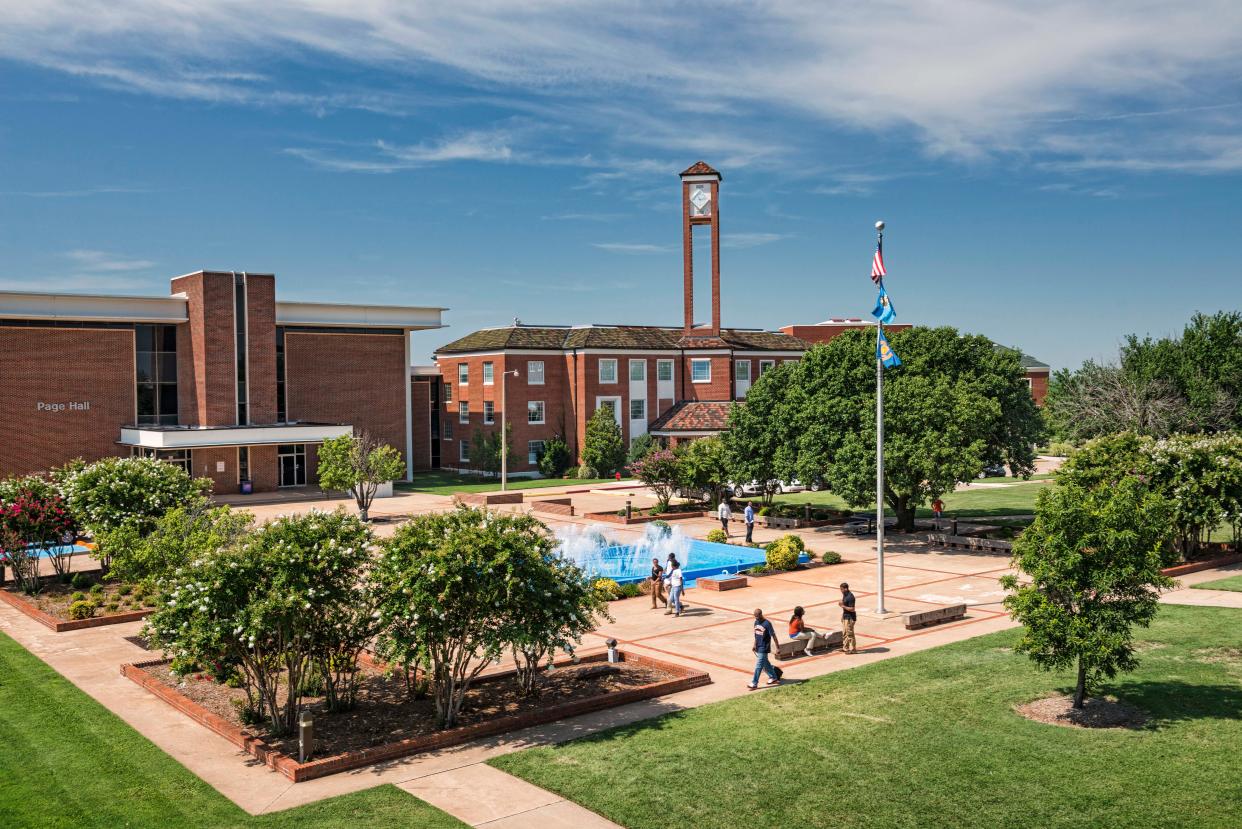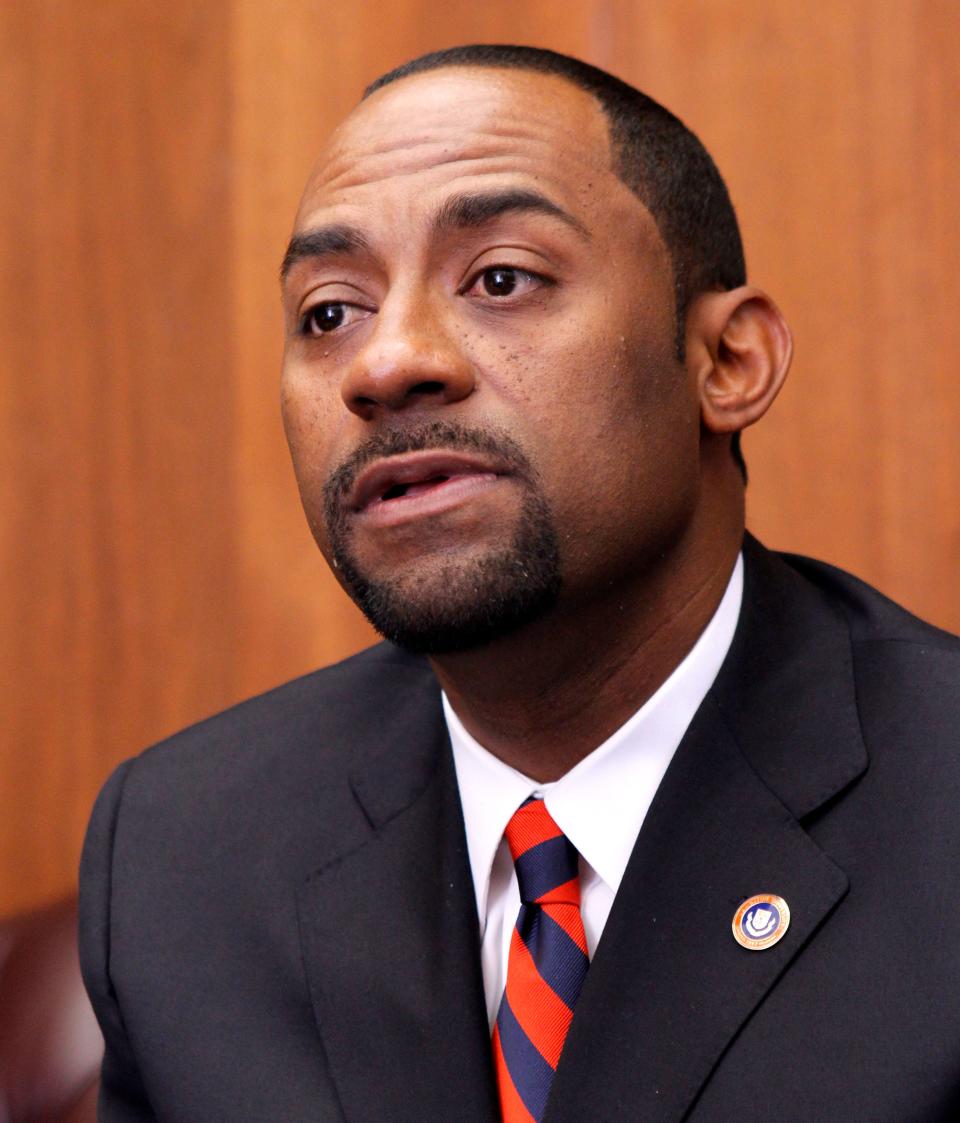HBCU president: How do we help students become more well-rounded? Israel could hold the key

Perception is everything.
As the president of an HBCU, I know the importance of perception. Many people have formed opinions of our historically Black institutions without ever stepping foot on one of our campuses.
The Middle East has long been portrayed as a war zone. Dark, grainy filters obscure the true beauty and innovation of the region. If you’re not careful, thoughts of war-torn streets may cloud your judgment. Yet, as I landed in Israel, I was mystified by the holy landmarks I saw, overcome by the sense of safety I felt, and in awe of its technological and agricultural achievements.
You truly don’t know what you don’t know until you take an interest in learning.
Project Interchange, an institute of the American Jewish Committee, gave me the opportunity to learn. As we continued through Jerusalem and Tel Aviv-Yafo, I began to understand the diverse cultures just within the city streets. There is such a deep sense of cultural understanding and acceptance between the differing sects of Judaism. You can see they have worked hard to thrive in a global culture.
I believe we should follow their example and pursue the ways of understanding, accepting and flourishing within cultures all over the world. As an institution of higher education, we have the unique privilege of helping our students, our future, become more well-rounded individuals. As U.S. citizens, it can be easy to see ourselves as the center of the world. Israel is about the size of New Jersey, one of the smallest states, at least in area. Yet, the technological and agricultural innovations in Israel are, in many ways, on par with or exceeding ours.
How do we help our students become more well-rounded for the future? How do we teach them about other world views and cultures? Israel could hold the key. I had the privilege of meeting with the head of Google in Israel, and I learned of their interest in having interns from HBCUs.
We have several other opportunities to explore partnering with Israel and its universities. All of the schools represented on this trip were 1890 Land-Grant HBCU institutions. Partnering with Israeli agricultural and technological schools will help us continue to be innovative on a global scale. Understanding and creating new irrigation methods for areas where water is scarce will not only help nations like Israel that see little rainfall, it can also translate into water conservation efforts within the U.S. The exchange of ideas and the lasting positive effect this could have cannot be understated.
We will also consider faculty exchange and study abroad programs to bring American educational opportunities to Israel, and to give our students real-world experience and diversified cultural knowledge.
Much like in America, the youth in Israel are now influential within their cultures as they learn and become more involved in politics. Students from both countries would benefit greatly from learning about each other's cultures and world views. Young people in Israel still see American education as the best in the world, even though Americans continue to struggle with our own perceptions of education in our country.
I approached this experience openly, and with no preconceived notions about Israel or the visit. Yet, I was continuously blown away by the experience. This trip allowed me to get out of my comfort zone and helped me understand that there is more to the world than my perception. I would like to see that same opportunity offered to others, as well, especially our students.

Kent J. Smith Jr. is the president of Langston University.
This article originally appeared on Oklahoman: HBCU president: After Israel trip, my perception of education changed

